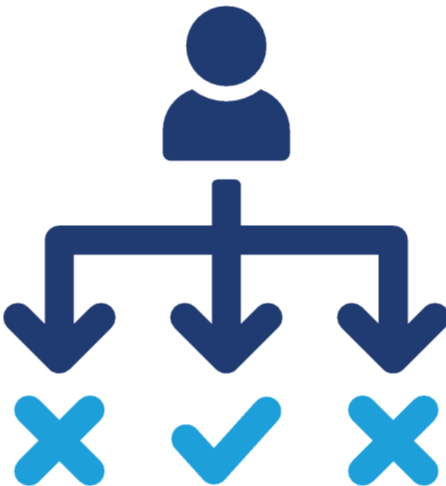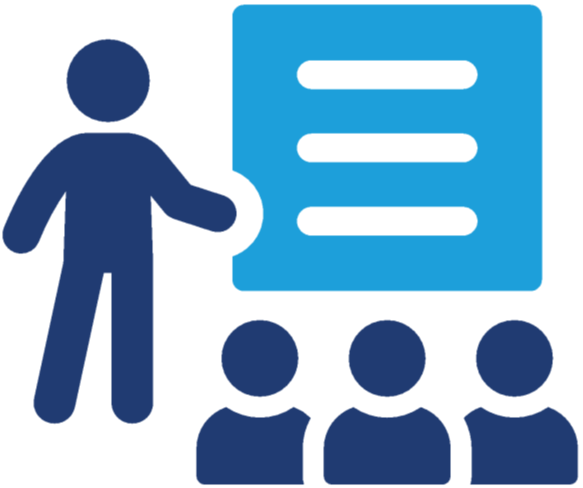Governance refers to the framework and processes put in place to guide and oversee the implementation project. It involves establishing structures, roles, responsibilities, and decision-making processes to ensure the implementation is aligned with organizational objectives, effectively managed, and controlled. Governance provides a framework for accountability, risk management, and the successful delivery of the ERP system. Here are key aspects of governance in ERP system implementation:

Governance
Project governance defines the overall management structure for the ERP implementation project. It involves establishing a project steering committee or governance board that includes key stakeholders, such as senior executives, project sponsors, and representatives from various functional areas. The governance board provides strategic direction, oversees project progress, and makes critical decisions to ensure project alignment with organizational goals.

Roles and Responsibilities
Clear roles and responsibilities are defined for individuals involved in the implementation project. This includes project managers, business process owners, subject matter experts, IT teams, and external consultants. Each role should have well-defined responsibilities, decision-making authority, and accountability to ensure effective coordination and collaboration throughout the implementation.

Decision Making
Governance establishes decision-making processes to ensure timely and informed decisions during the implementation project. It defines the authority levels, escalation procedures, and communication channels for decision-making. This helps address issues, resolve conflicts, and maintain project momentum.

Managing Risk
Governance addresses risk management by identifying, assessing, and mitigating risks associated with the ERP implementation. A risk management framework is established to identify potential risks proactively, prioritize them based on their impact and likelihood, and develop mitigation strategies. Regular risk assessments and monitoring ensure that risks are addressed throughout the implementation lifecycle.

Communication
Governance defines communication and reporting processes to keep stakeholders informed about the progress, status, and key milestones of the ERP implementation. Regular reporting ensures transparency, facilitates decision-making and manages expectations. Effective communication channels and mechanisms, such as project status updates, progress dashboards, and stakeholder meetings, are established to foster collaboration and engagement.









